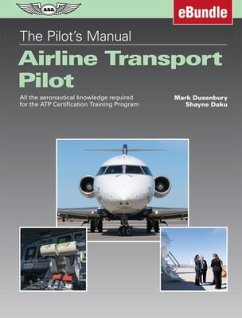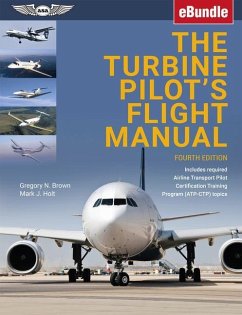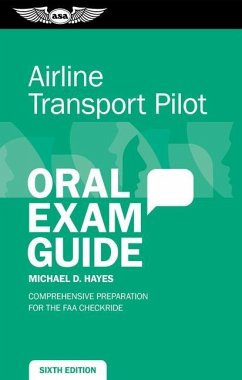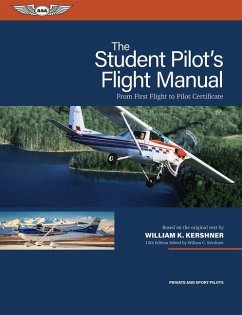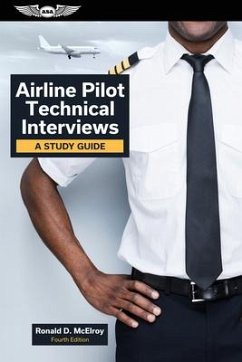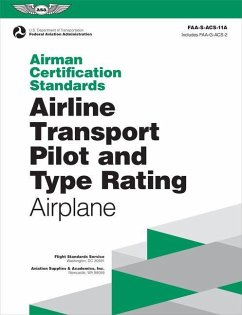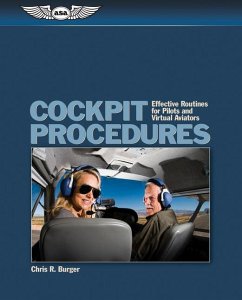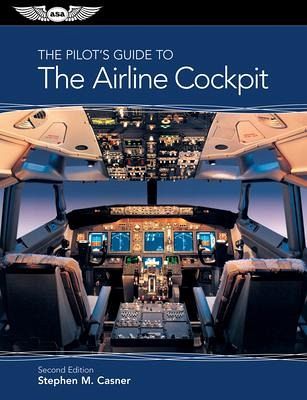
The Pilot's Guide to the Airline Cockpit
Versandkostenfrei!
Versandfertig in über 4 Wochen
19,99 €
inkl. MwSt.
Weitere Ausgaben:

PAYBACK Punkte
10 °P sammeln!
This book introduces you to the fundamentals of the automated airline cockpit before you enter training at an airline company. Whether it is a turboprop, a regional jet, a Boeing, or an Airbus, most every airliner in operation today contains a flight management system, and autopilot, and other glass-cockpit systems. These systems represent a gap between the skills learned during general aviation training and experience and the skills you will be expected to have when you begin your airline flying career. This book will give you a head start on bridging that gap and acquiring those necessary sk...
This book introduces you to the fundamentals of the automated airline cockpit before you enter training at an airline company. Whether it is a turboprop, a regional jet, a Boeing, or an Airbus, most every airliner in operation today contains a flight management system, and autopilot, and other glass-cockpit systems. These systems represent a gap between the skills learned during general aviation training and experience and the skills you will be expected to have when you begin your airline flying career. This book will give you a head start on bridging that gap and acquiring those necessary skills. Unlike the typical "systems" manual, The Pilot's Guide to The Airline Cockpit places you in the left seat and takes you step-by-step through a challenging line flight. It teaches about the airline cockpit in terms of what you already know as a commercial multi-engine instrument pilot. You will learn how to use the flight management system and autopilot to plan and follow an assigned route. You will learn to deal with realistic enroute scenarios such as vectors, intercepts, holds, diversions, late descents, and many others. Along the way, you will learn how to decide which automation features to use and when, the limits of the automation's capabilities, how to monitor the progress of your flight, and remain in-the-loop while the automation performs its work. Updated to catch up to a few newer practices, this Second Edition is essential reading for anyone who has aspirations to fly for an airline--it is the ideal companion as you transition from general aviation to regional jets, and then to larger transport-category airplanes.




